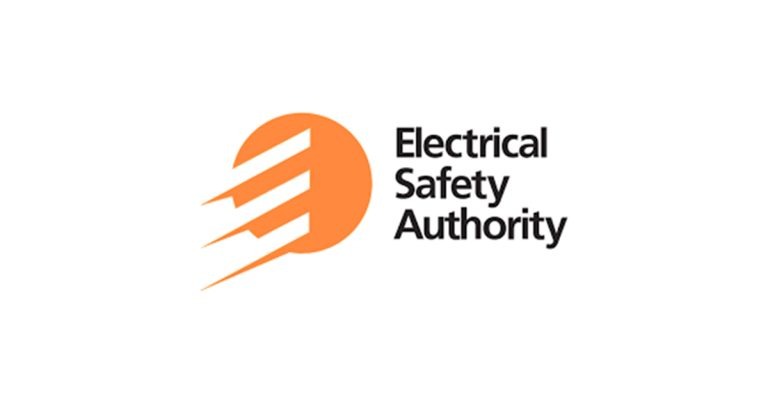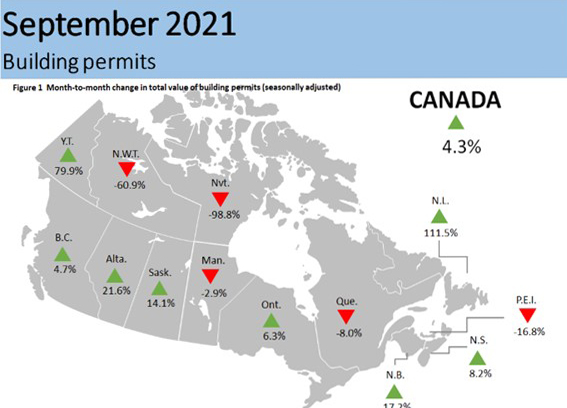Sub-Standard Products, You and Your Customers

Aug 30, 2021
By Gurvinder Chopra
Many of us have been shopping online more than ever. The dramatic increase in online shopping during the pandemic is likely to continue as the majority of us have adopted online buying habits during lockdown. With the change in this trend, a growing number of sellers are now looking for your money through online sales and are offering low prices for a variety of products, including electrical.
But is cheaper better? Remember that quality, performance, and above all, the safety of goods may be compromised when the price is too good to be true. And online sellers that sell substandard goods may disappear quickly, leaving you with an unusable product and a loss of your money.
Let’s define what is meant by “substandard”: A substandard product fails to comply with an applicable consumer product safety rule which creates a substantial risk of injury to the public.
Standards development organizations (SDOs) such as ISO (International Organization of Standards), IEC (International Electrotechnical Commission), CSA Group, UL (Underwriters Laboratories), CIOSC (CIO Strategy Council), and many others, develop standards which define a set of “must follow” guidelines and requirements. These requirements are then tested by third-party testing laboratories and certification agencies to issue a certificate upon successful completion of the testing. Quality checking initiatives by these standards organizations to keep their certified members in check is the biggest trust stamp for the general public.
Counterfeit and substandard electrical items are produced cheaply, often failing to meet safety standards, with poor quality and having shorter lifespans than legitimate products. In electrical products, safety-critical components have been either found to be missing or have been replaced with poor quality substitutions, putting users at risk of electrical shocks and fires.
Safety standards are developed to protect people and property from harm. Quality control procedures implemented by all quality conscious manufacturers of repute thoroughly monitor the production of products before releasing them tor sale into the market. Extra efforts go into testing a product. Research and design engineers developing a product review the standard(s) available for the product under development. By design, genuine products are expected to have a much longer life than duplicate products. Substandard products may also have a higher failure rate. Low-priced products, especially those that don’t comply, are designed to the limits of the material — meaning that if they are put the product under load, they may overheat and possibly burn out.
Substandard products, which are not tested to national or international standards, or certified by third-party bodies to those standards, or are not registered to national regulations, pose a threat to the consumer. These threats could be dangerous and could cost lives … perhaps even your customers’ lives.
The primary problem with the online sale of electrical goods are that unsafe counterfeit and substandard products are commonplace, and advertising is misleading. Consumers often do not realize that they are buying a product that could harm them — causing a fire, injury, electric shock or even death. The lack of regulation means that unscrupulous sellers can easily bring their counterfeit or sub-standard products to market.
Regulation of online marketplaces has also failed to keep pace with consumers’ expectations, with many people assuming that the sites are responsible for ensuring safety. According to a survey conducted by Electrical Safety First, a charitable organization in the UK that aims to reduce deaths and injuries caused by electricity in UK homes by improving safety regulation and standards, 93% of consumers said that they expect e-commerce sites to protect them from counterfeit and substandard goods, but 33% have fallen victim to a counterfeit scam — that’s the equivalent of 18 million people.
According to the European Commission, customs authorities across the EU seized an estimated five million more counterfeit items in 2015 than in the previous year.
• This equates to a 15% increase in the number of intercepted goods from 2014.
• Household electrical goods account jointly for 25.8% of articles detained which could be dangerous to the health and safety of consumers.
• China is consistently the main originating country for counterfeit goods (41%).
In 2016, it was found that counterfeit goods accounted for up to 5% of imports in the EU, which is almost equal to EUR 85 billion.
The Ghana Standards Authority (GSA) has charged retailers of electrical products to provide relevant information about importers and manufacturers of substandard products, to help rid the system of harmful electrical goods. During the last mass testing of electrical cables, involving over 200 different samples, the GSA found that over 90% were unsafe for use. In an attempt to further rid the system of sub-standard cables and electrical products, the Authority engaged the Ghana Electrical Dealers Association (GEDA) in 2000 to sensitize them on certification and labeling issues.
So, what can be done?
Here are some recommended changes and actions:
• Regulations — strict regulations need to be reviewed periodically and assessed against safety reports so that they are kept up to date.
• Increased support for enforcement — strict enforcement and better monitoring of products in the market are essential. Enforcement bodies are the best line of defense for consumers. The Canadian Border Services Agency (CBSA) has established a process that gives Intellectual Right Property Owners (IPRs) the right to detain shipments — suspected of carrying counterfeit or copyright trademark goods — at the border. Rights holders are required to complete and submit a request for assistance application (RFA), which helps the CBSA identify and detain suspected counterfeit or pirated goods during commercial examinations. The CBSA will use the information in the RFA to contact the rights holders and give them the details they need to take legal action. Protect your brands by submitting an RFA form at no cost. Learn how.
• Legal responsibilities for online vendors — greater legal responsibilities on internet sellers operating online should be implemented, both to stop the sale of counterfeit electrical goods and to ban and report sellers persistently selling dangerous goods to the relevant authorities within the country.
• Better consumer education — this allows consumers to make informed purchasing decisions and how to report suspected substandard products. A recent initiative by EFC, in collaboration with CACES (Canadian Advisory Council on Electrical Safety), provides an online resource for identifying legitimate electrical products online: Online Safety Guide for Electrical Products – Electro Federation Canada
• International intelligence sharing — data sharing across agencies should be promoted and enabled, as it is key to ensuring effective and efficient enforcement and can identify emerging product issue trends so that all involved nations can be prepared.
• Greater priority on electrical goods — given the increase in counterfeit electrical goods entering the Canadian market and the greater risks they pose to consumers; more emphasis must be placed on identifying and removing these from the supply chain.
If you have any questions about how to become a stronger safety ambassador for electrical goods or to learn about EFC’s programs and initiatives, please contact info@electrofed.com.
Gurvinder Chopra is VP, Standards & Regulations for Electro-Federation Canada.










